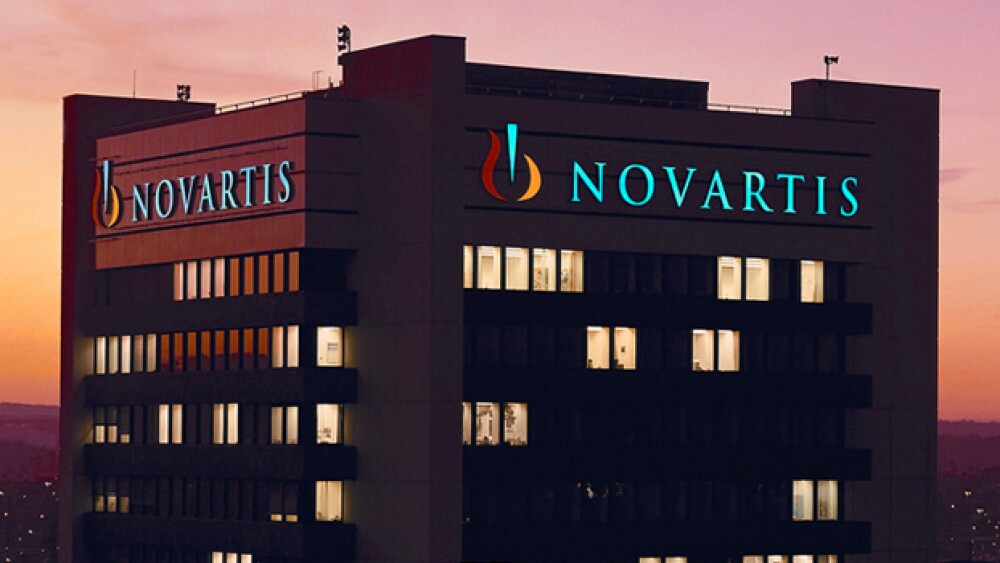Swiss pharma giant Novartis is halting planned price increases on its medications after President Donald Trump took Pfizer to task over price hikes earlier this month. Pfizer agreed to roll back its price increases last week.
Swiss pharma giant Novartis is halting planned price increases on its medications after President Donald Trump took Pfizer to task over price hikes earlier this month. Pfizer agreed to roll back its price increases last week.
Novartis Chief Executive Officer Vas Narasimhan said the company voluntarily halted its price increases because it wants the consumer cost of its medicines to be both “reasonable” and “defensible” to patients, Bloomberg reported this morning. Narasimhan added that he wants the price of Novartis drugs to “reflect their value for patients.”
“We thought the prudent thing to do was to pull back on any further price increases in 2018 and evaluate as the environment evolves,” Narasimhan told Bloomberg.
The price increase had been planned for the third quarter of this year.
Last week Pfizer said it will defer the price increases on 40 drugs in order to “give the president an opportunity to work on his blueprint to strengthen the healthcare system and provide more access to patients.” Pfizer said it will return the pricing levels on those 40 drugs to the costs prior to the announcement.
Novartis’ announcement of price reductions comes hard on the heels of additional information having been made public about the company’s relationship with Michael Cohen, Trump’s former attorney who has been accused of attempting to sell access to the Trump administration. A new report issued by Senate Democrats examined the relationship between the pharma company and the attorney who was known as “Trump’s fixer.” In May it was revealed that Novartis paid Cohen $1.2 million for consulting services. The Senate report said that Novartis hired Cohen to provide it with access to key policymakers in the Trump administration. The Swiss pharma giant provided Cohen with drug pricing recommendations for “discussion with… Trump administration,” the report said. Novartis said it disagreed with the Senate report’s conclusion. Novartis said it made a “mistake” into entering in the contract with Cohen.
Still, for Novartis, the company is tip-toeing through some potential political and ethical landmines as it moves forward. While Novartis examines the landscape, the company did report some positive financial news in its second quarterly report for 2018. The company said second quarter operating profit rose 7 percent to $3.54 billion. Analysts had forecast profits of $3.46 billion. Sales also rose during the quarter to $13.16 billion. Analysts had predicted sales of $12.92 billion, according to a report in Reuters.
Drivers for the company include Cosentyx, which saw sales of $700 million. Sales of Entresto also doubled during the quarter to $239 million, the company said. Also during the quarter Novartis saw U.S. Food and Drug Administration approval of a second indication for Kymriah in relapsed and refractory DLBCL and approval of its CGRP treatment for migraine headaches, Aimovig. Novartis also saw approval of Tafinlar + Mekinist for adjuvant treatment of BRAF V600-mutant melanoma.
Novartis said it also made advancements during the quarter in rebuilding trust with society.
“Strong actions have been taken this year to strengthen our organization including adding the Ethics, Risk and Compliance Officer to the executive committee, rolling out a new professional practices policy based on principles to help associates take better decisions and continuing to further leverage data analytics to become more predictive in identifying risks. The Novartis leadership team, at all levels of the organization, continues to reinforce the message of never compromising on ethical standards and values,” Novartis said in a statement.





